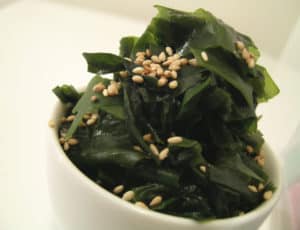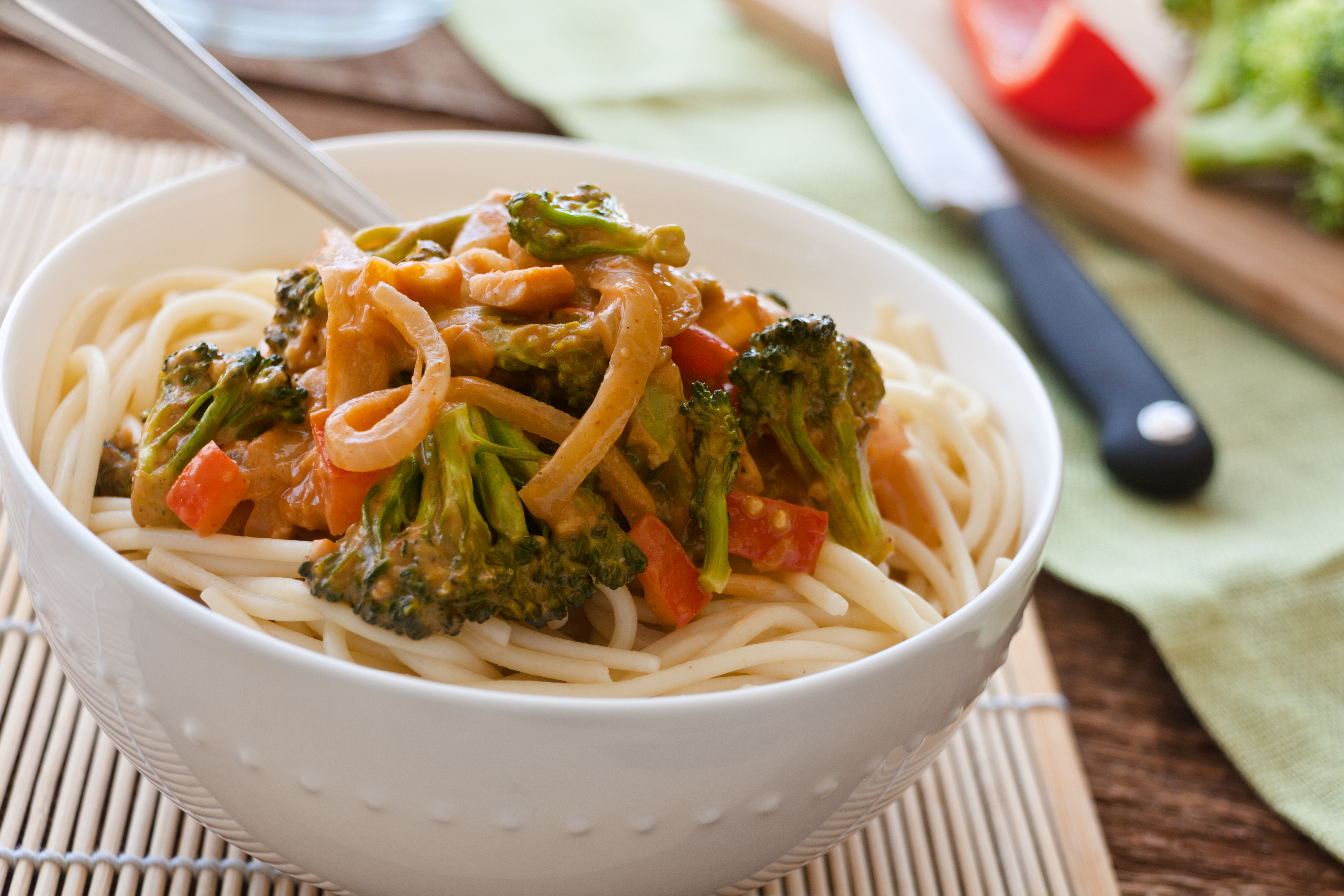
To some of us, seaweed is just that annoying stuff that you gingerly step around when walking the beach, but for others, it’s on tonight’s dinner plate. Seaweeds, sometimes called sea vegetables, have been a traditional food in China, Japan and the Republic of Korea, and are frequently used as a salad ingredient in Indonesia and Malaysia. Other people who live close to the oceans (various European and Nordic countries) have also a history of harvesting and eating local sea vegetables. Along the northeast coast of the U.S. as well as New Brunswick and Nova Scotia, seaweed companies are growing their businesses rapidly as food manufacturers discover that the public is becoming interested in the taste as well as the potential health benefits of sea vegetables. Eating seaweed isn’t something new in the U.S. and Canada, but it is becoming more popular as people learn more about these abundant sea vegetables. Last year Maine hosted its first Seaweed Festival to help spread the word.
Continue reading »







